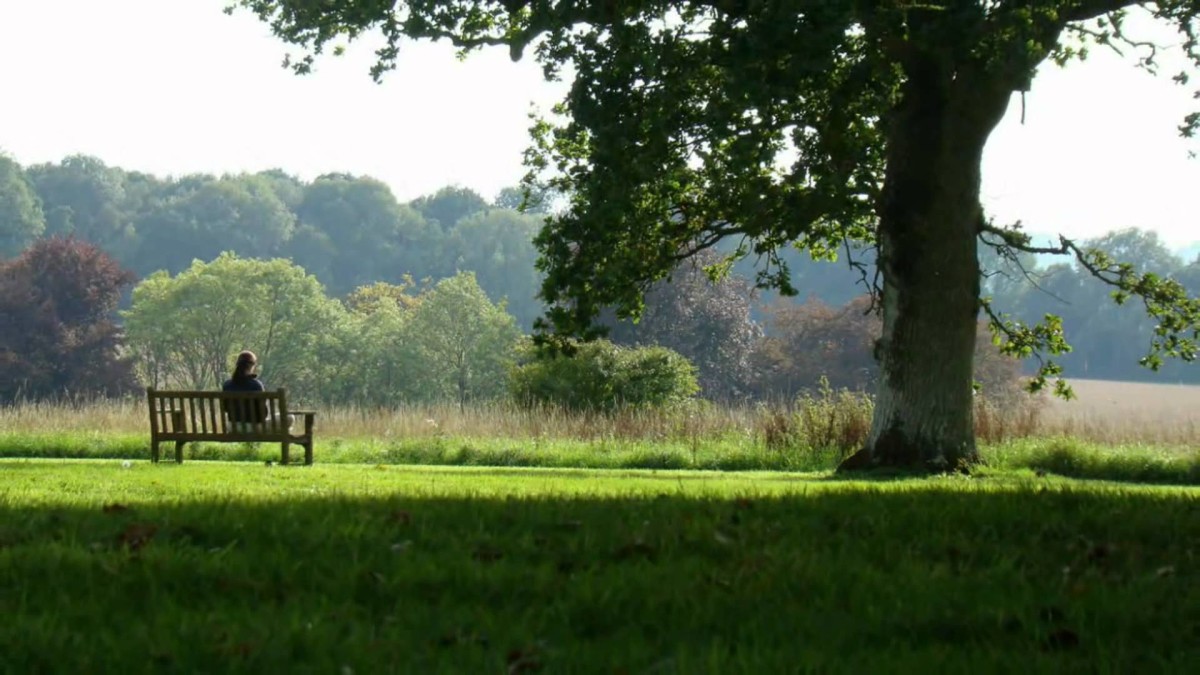by Bruce Steven Dolin, PsyD – ICPA:
Whether or not we make New Year’s resolutions, we think about them. We tend to tell ourselves that after the holidays are over we are going to get into better shape, eat better and commit to this or that course of action. We make resolutions, or we think about what we would resolve to do, if only we didn’t doubt that resolutions are effective.
On the other hand, we could leave the self-defeating resolution thing aside and instead consider crafting a New Year’s intention. For example, we could set the intention of dedicating our efforts this coming year to the benefit of our children. By consciously setting such an intention, we raise every other action to a higher level and infuse them with spirit.
If our intention is to dedicate all that we do to the health, happiness and well-being of our kids, then our attempts to stop smoking, get to the yoga studio or reduce procrastinating all subtly go to serve something that transcends ourselves. Ironically, when we are consciously playing on the team of our families, and by extension our communities and our world, we may be more likely to make healthy and effective choices for ourselves.
Resolutions tend to be exacting and rigid—an ironclad vision of our perfected selves. But we are not perfect, and all our attempts to be perfect inevitably fail, reinforcing low self-esteem. Striving for improvement, even by small increments, leads to real growth over time. Perfectionism dooms us to failure by setting the bar at a superhuman level.
Yoga literally means “to bind”—harnessing body, mind and spirit to a singular focus or intention. Consciously dedicating our lives to the benefit of something, even something as broadly defined as “our children,” can arguably turn parenting itself into yoga. The core concept of Privilege of Parenting is that conscious parenting is, in and of itself, a path to happiness and enlightenment. Doing what is already on our plates, but with mindfulness and a dedication to something higher, liberates as it invites balance, strength and courage…of body, mind and spirit. Setting intention in this way potentially benefits children, but also greatly benefits the parent who sets the intention—allowing an alignment of personal energy with forces greater than the wants and needs of the ego-self alone.
Parenting is very challenging, and expecting to be a perfect parent is an ill-conceived notion. Losing our tempers less, being a little more patient, spending a bit more time listening to our kids…these are directions, not resolutions. But by dedicating to the good of others our mere attempts to grow, as parents or as beings aside from the care of children, we create a New Year’s intention that lends heart and spirit even to our abject failures and terribly human fiascoes and regressions.
We can set one intention, a few intentions or many. We can keep our intentions in mind on a daily basis, or come back to them a year from now. But there’s surely room for one conscious breath at this pulsing moment, breathing in love and breathing out fear and desire as we silently harness the energy of our heart-minds and our gut-minds in a direction of loving kindness for our “children,” biological, adopted, animal, vegetable, mineral… and even ethereal, archetypal and purely energistic.
So, let’s set a New Year’s intention. Let’s make this coming year, with all our strivings and struggles, all our victories and defeats, consciously stand to benefit all our collective children.
Article originally posted at ICPA.org.





